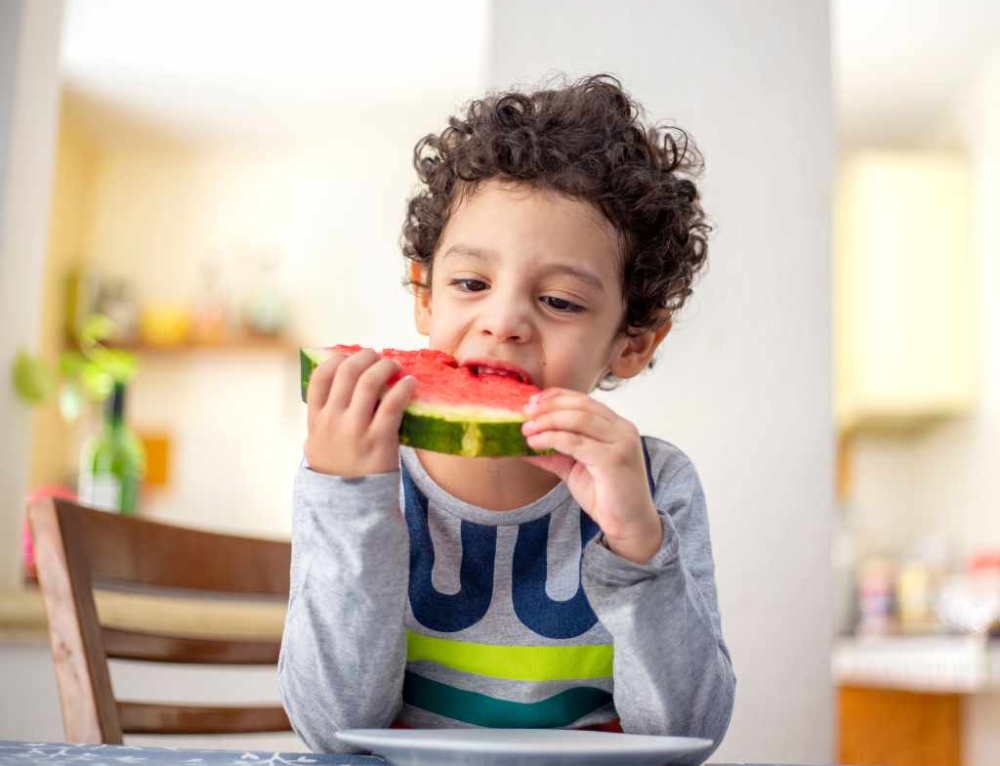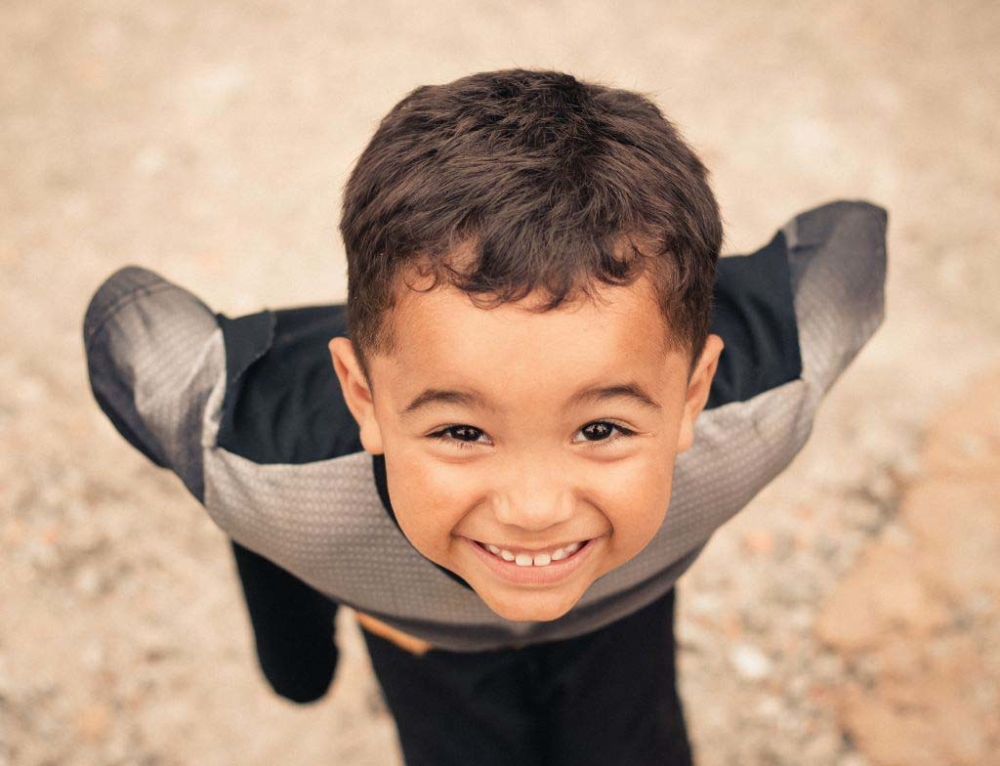It seems like from the moment our kids are able to walk and talk, we’re trying to get them to sit still and be quiet! Kids are naturally inquisitive and full of energy and imagination, so when they need to focus on schoolwork it can be hard to master the concentration levels needed.
When our kids are at school, we aren’t able to personally guide them to avoid distraction, concentrate on tasks, or listen to instructions. However, there are strategies that we can implement at home that can help kids to focus while at school.
Sleep and nutrition
Sleep is essential for recharging not only our bodies but our brains too. Think of sleep as a time for repair and maintenance. During sleep our brain also makes sense of our day, “filing” useful information and learnings, and ditching what’s no longer needed. Try to stick to a set bedtime routine so your child knows what is expected.
Good sleep is complemented by good nutrition. Nutrients needed for the body to build healthy brain cells include protein, essential fatty acids (like Omega 3), glucose and many vitamins and minerals. Foods like fatty fish (salmon, tuna, sardines), blueberries, cabbages, cauliflower, nuts, broccoli, oranges, capsicum, kiwifruit, and eggs are just some of the foods with brain benefits but a balanced diet will also aid your child’s learning.
A calm, organised morning routine is also ideal for setting them up for the day ahead – not forgetting a nutritious breakfast, of course.
Other strategies
Mindfulness
Practising mindfulness is a great way to provide kids with a tool that can help them concentrate as mindfulness is all about paying attention and focusing awareness on the present moment. At home, practise taking a break for a few minutes to sit quietly, think about their breathing (slowly, in and out), and take a moment for themself before refocusing on the task. When in class, closing their eyes and taking even a few deep breaths can help.
Talk to the teacher
Teachers are just as keen as parents for children to focus whilst in class. If your child is struggling with concentration, talk to your child about distractions and ask the teacher if they can move to a desk closer to the front of the class where they can hear and see the teacher better, or move away from talkative friends or a window. Your child’s teacher will no doubt have some ideas too.
Engage with your child’s learning
Chances are, if you’re not interested in what your child is learning, then they may lose interest too. When you ask your child about their day, ask them about what topics they’re learning about or projects they’re working on. If it’s something you don’t know about, grab a book about it, or just Google it and engage with them about the topic – learning together is awesome family time!
Games to build skills
Your child may hate math but do they love to play card games with you? Card games and board games are great for quality time with the kids and there are so many learning aspects, including concentration and patience. Practising these skills at home helps your child to transfer them to the classroom.
There are also active games like Simon Says, Freeze Tag, Follow the Leader, and Musical Statues that help kids learn self-control.
Role-play at home
Young kids learn more easily when engaged in play. So role-playing the skills needed for school is a great way to set your child up for school success. You can pretend to teach them some basic writing and math on a blackboard, play shop, sit on the floor for storytime and even reverse the roles and have them be the teacher so they can find ways to bring YOUR focus back to the classroom!
Organise the schoolbag
Turning up to school without what’s needed for the day’s learning can lead to frustration. Each day after school, clear out the backpack, check for school notices and homework, then repack for the next day with just the lunchbox and drink bottle to pop in the next morning.
Get up and move!
It may seem counter-intuitive to talk about movement when trying to get kids to focus but physical activity can improve your child’s mood and cognitive performance by triggering the release of dopamine and serotonin. Kids need plenty of time every day involved in active and unstructured play so provide them plenty of opportunities to just run around, kick a ball about, skip rope, swim, or whatever.
There’s actual science behind it too – kids need to develop proprioception and vestibular sense by experiencing physical challenges that help their brain understand their body and the way their body engages with their surroundings. This in turn helps them to focus and learn without distraction.
 Written by Julie Scanlon
Written by Julie Scanlon
Julie is Editor for Kidspot NZ and our MVP. Her hobbies include laughing uncontrollably at her own jokes, annoying her family by asking questions about movie plots, and never taking anything too seriously. She speaks a little Spanish and a lot of Yorkshire.
Favourite motto to live by: “It ain’t nothing but a thing”







Leave A Comment
You must be logged in to post a comment.